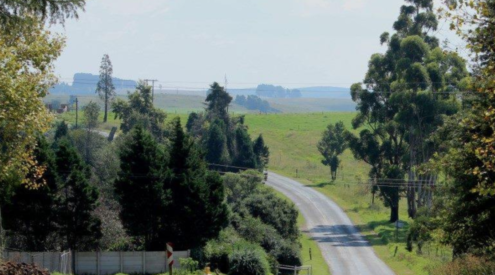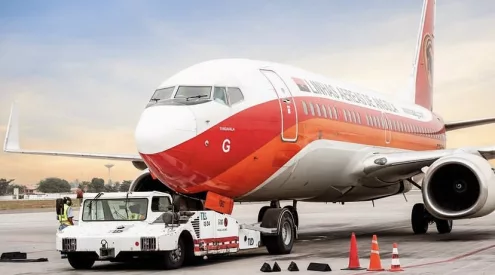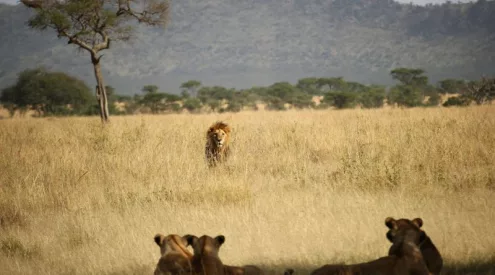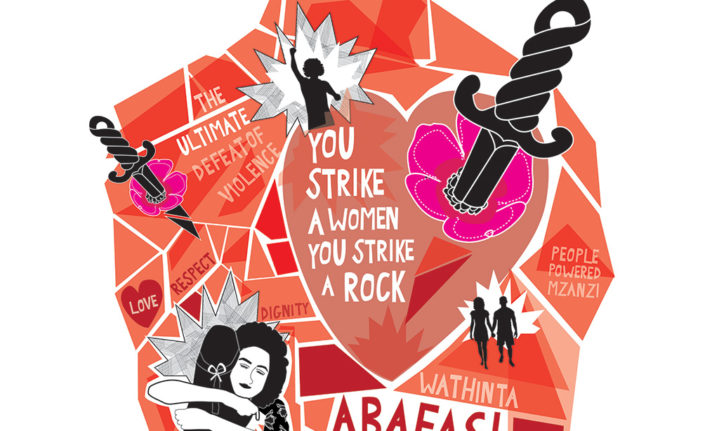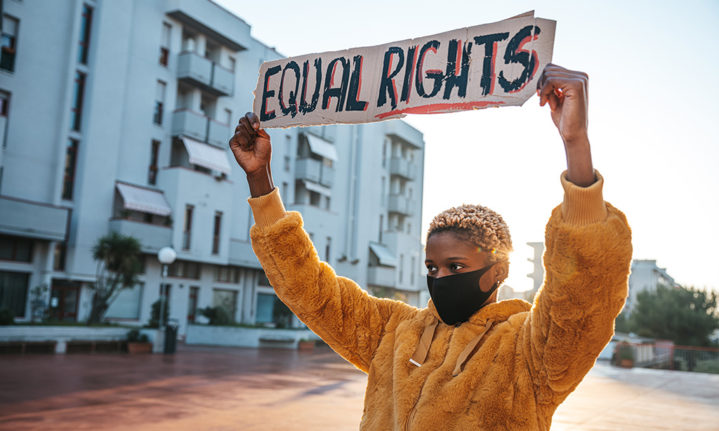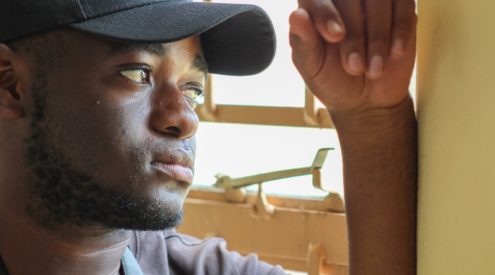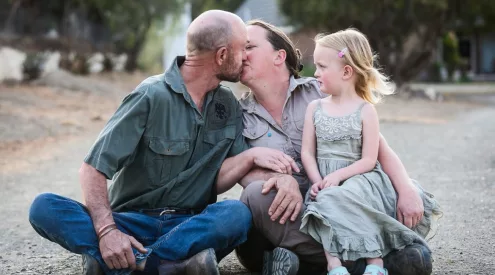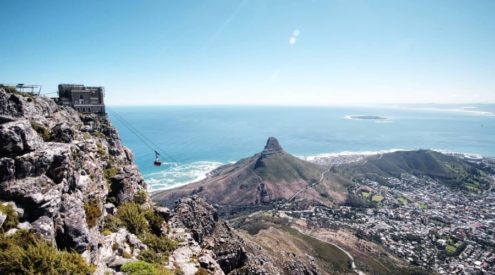Every year on 9 August, South Africans celebrate Women’s Day. On this day in 1956, more than 20 000 women marched to the Union Buildings in Pretoria to protest against apartheid pass laws.
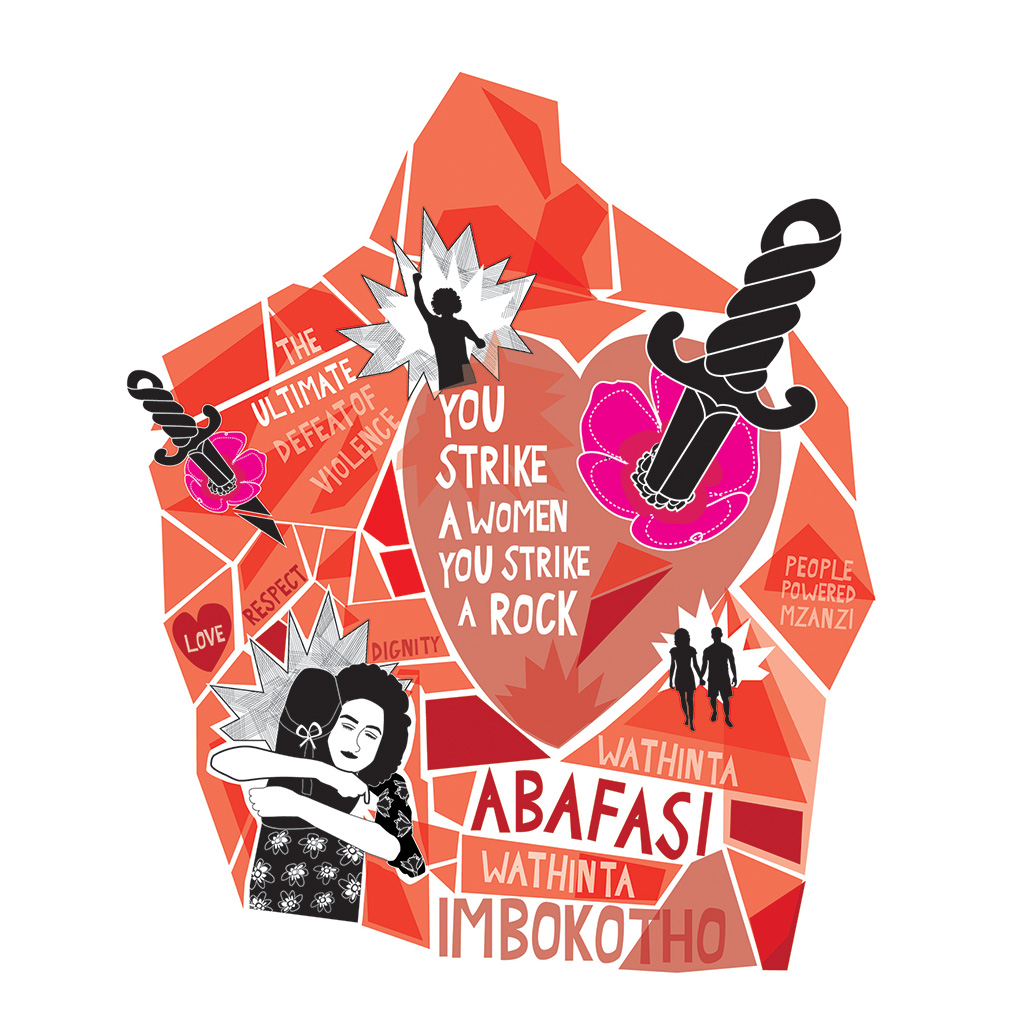
Sources: The History Channel, Britannica | Photography gallo/ getty images; illustration Jess Nicholson
The march to the Union Buildings was planned for a Thursday when black domestic workers usually had a day off, to ensure maximum numbers. Representatives of each race
delivered 14 000 signatures to the Office of Prime Minister JG Strijdom.
The women stood for 30 minutes in silence, then sang Nkosi Sikelel’ iAfrika followed by a women’s freedom song called
Wathint’ abafazi, wathint’ imbokodo! (You strike a woman, you strike a rock!)
For the first time in South African history, 50 percent of ministers in the cabinet are women, but there is still huge inequality in the workplace. For the past 30 years, women have been earning more Bachelor’s degrees than men, yet men are more likely to be hired and promoted. On average, for every R1 earned by a woman, a man earns R1,91.
The Woman’s Day theme for 2021 is
Generation Equality:
Realising Women’s Rights for an Equal Future, which links to a global campaign to achieve gender equality by 2030.
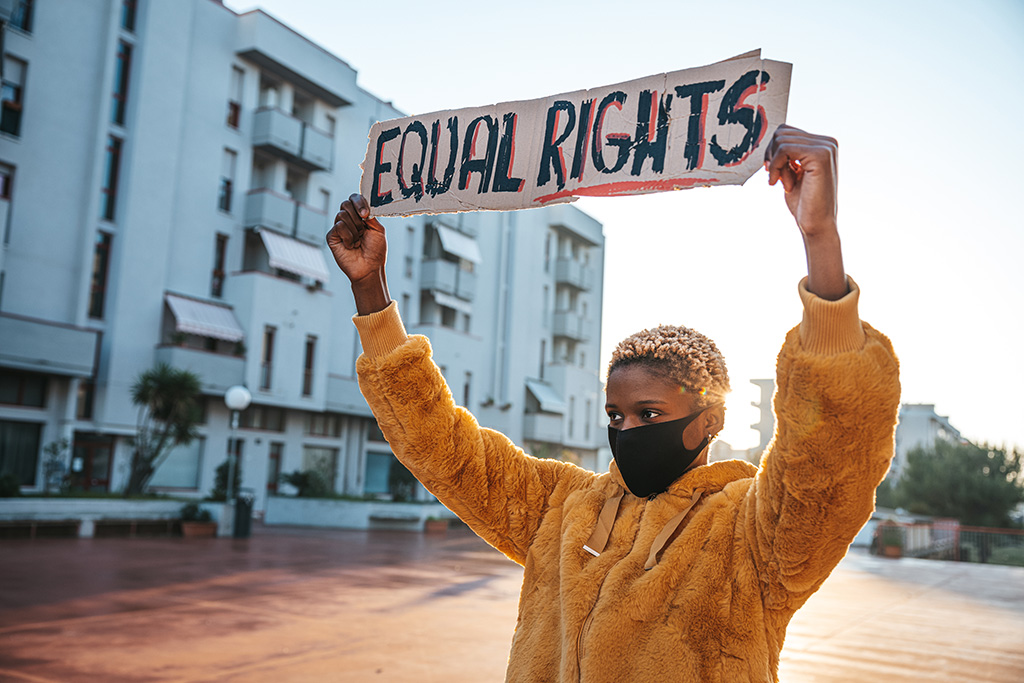
Three South African women fighting the good fight
Koketso Moeti
Founder of online activist platform Amandla.mobi, Koketso Moeti is an advocate for social justice and equality. Many of the campaigns that Amandla.mobi undertakes are focused on gaining accessibility for black women.
Fatima Asmal
Based in Durban, Fatima Asmal runs a number of programmes through the Institute for Learning and Motivation, an organisation she set up to empower women, often from abusive backgrounds, to start their own businesses and become self-sufficient. ilmsa.co.za
Kwezilomso Mbandazayo
The manager of the women’s rights and gender justice programmes for Oxfam South Africa (oxfam.org.za), runs workshops to raise awareness of gender-based violence, and empower those affected by it.
This month in history
August 24, 79 AD Vesuvius erupts, destroying the Roman cities of Pompeii, Stabiae and Herculaneum in southern Italy.
August 2, 1939 Albert Einstein writes a letter to US President Franklin D Roosevelt concerning the possible use of atomic weapons. ‘A single bomb of this type carried by boat and exploded in a port, might very well destroy the whole port, together with some of the surrounding territory.’ Six years and four days later, on 6 August 1945, the US drops the first atomic bomb on the Japanese port city of Hiroshima.
August 5, 1962 Nelson Mandela is arrested at a roadblock just outside Howick, KwaZulu-Natal, and sentenced to five years in prison for incitement and leaving the country illegally. In 1964, he is placed on trial and sentenced to life in prison.
August 28, 1963 Martin Luther King Jr makes his ‘I Have a Dream’ speech in front of 250 000 people at a civil rights rally in Washington, DC.
August 15, 1969 More than 400 000 people flock to Woodstock in Bethal, New York to see 32 bands and musicians perform over three days. It becomes the single most iconic event of the 1960s counter-culture movement.
August 17, 1978 Double Eagle II, the first helium balloon to cross the Atlantic, lands just outside Paris. It is piloted by three Americans, Max Anderson, Ben Abruzzo and Larry Newman, and the trip covers 4 800km in 137 hours.




